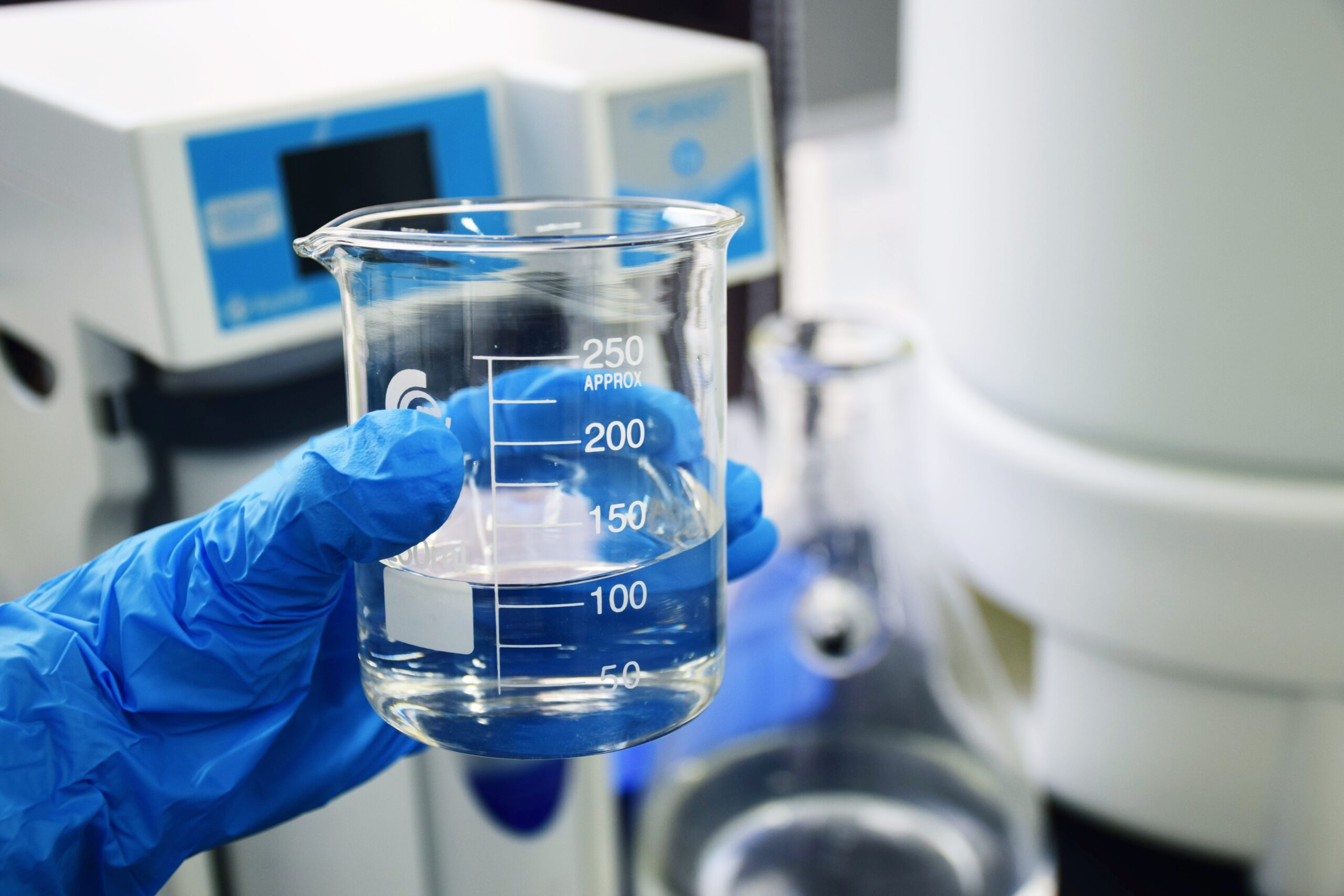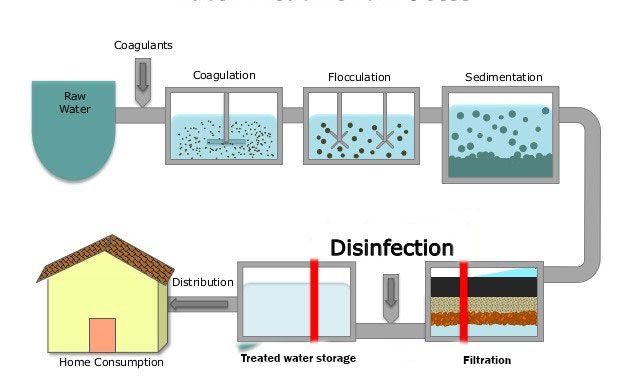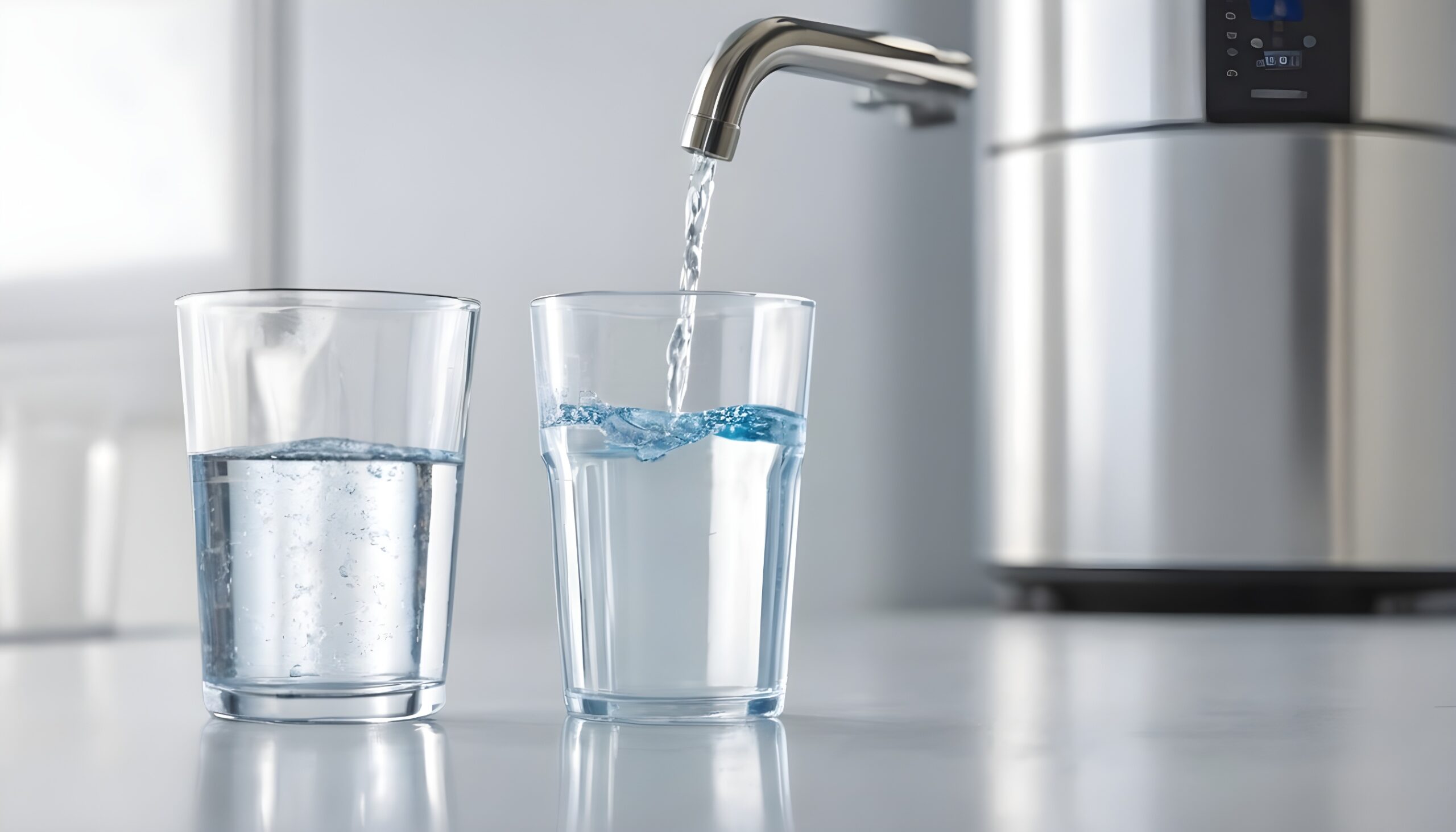Exactly How a Water Purification System Can Shield Your Family's Health and wellness
Exactly How a Water Purification System Can Shield Your Family's Health and wellness
Blog Article
Why a Water Purification System Is Essential for Clean, Safe Water
Access to tidy, safe water is a fundamental human right and a cornerstone of public wellness. Nevertheless, the existence of harmful contaminants such as microorganisms, hefty steels, and chemical pollutants in our water elevates serious concerns concerning health and wellness. A water purification system stands as an important solution to alleviate these risks, making sure that people and areas can access secure alcohol consumption water. Recognizing the ins and outs of these systems and their various approaches is important, specifically as we take into consideration the ramifications for wellness outcomes and environmental sustainability in our day-to-days live.
Significance of Clean Water
Access to tidy water is an essential requirement for human wellness and wellness. Contaminated water can lead to significant health and wellness concerns, including intestinal ailments, cholera, and dysentery, specifically in prone populations such as kids and the elderly.
In addition, tidy water is essential for hygiene and health techniques, which are crucial in preventing the spread of contagious conditions. Sufficient water sustains correct cleanliness facilities, advertising a healthier setting. In addition, access to safe water influences socioeconomic variables, as it enables neighborhoods to involve in agricultural and industrial tasks, inevitably adding to financial development.
In many areas, the absence of tidy water worsens hardship and inequality, more hindering development towards lasting development objectives. Consequently, making sure access to tidy water is not only a public wellness necessary but likewise a cornerstone for social equity and financial development. Initiatives to improve water high quality and infrastructure have far-reaching benefits, promoting much healthier areas and enhancing lifestyle.

Typical Impurities in Water
Making certain the availability of tidy water is weakened by numerous pollutants that can jeopardize its safety and quality. The existence of virus, such as microorganisms, bloodsuckers, and infections, positions substantial health dangers, especially in locations doing not have appropriate hygiene. These microorganisms can lead to waterborne conditions, causing severe health problem or also death.
Chemical pollutants also present an essential worry. Hefty metals, consisting of arsenic, mercury, and lead, typically get in water supplies via industrial discharges or rusty pipes. These materials can build up in the body with time, resulting in long-lasting wellness problems such as neurological damages and developmental conditions.
Furthermore, farming drainage presents pesticides and fertilizers into water systems, which can interrupt ecosystems and adversely impact human health. Nitrates, generally found in plant foods, can create serious problems like methemoglobinemia, particularly in babies.
Advantages of Water Filtration Solutions
Identifying the essential demand for safe drinking water, water filtration systems use a myriad of advantages that improve public wellness and ecological sustainability. Mainly, these systems properly eliminate damaging impurities, including bacteria, infections, hefty steels, and chemicals, ensuring that the water eaten is without pathogens and contaminants. This reduction in pollutants dramatically decreases the threat of waterborne conditions, advertising total area health.
In addition to health benefits, water purification systems add to environmental sustainability see post by decreasing dependence on mineral water, which commonly produces too much plastic waste. By making use of a purification system, homes can decrease their carbon impact and add to an extra sustainable community. These systems can boost the taste and smell of water, making it much more palatable for everyday usage.

Different Sorts Of Purification Methods

One usual method is reverse osmosis, which makes use of a semi-permeable membrane to different water from liquified solids and impurities. This procedure effectively minimizes impurities, consisting of hefty steels and chemicals. An additional extensively used strategy is ultraviolet (UV) disinfection, which utilizes UV light to neutralize viruses and microorganisms, providing them harmless without the usage of chemicals.
Triggered carbon filtering is an additional preferred method, making use of carbon to adsorb organic compounds, chlorine, and undesirable odors, improving taste and smell high quality. Purification, a process that entails boiling water and condensing the heavy steam, efficiently gets rid of minerals and impurities but may require even more energy contrasted to other approaches.
Ion exchange is usually used to soften water by changing calcium and magnesium ions with sodium or potassium ions. Each method has its advantages and restrictions, making it vital to comprehend their capabilities and performance in dealing with particular water quality problems - Water Purification System. Inevitably, choosing the appropriate purification technique is important for guaranteeing clean and secure drinking water
Picking the Right System
Selecting an ideal water filtration system needs cautious factor to consider of different elements, including the particular contaminants existing in the water supply, the quantity of water needed, and the wanted purification method. It is vital to conduct a water top quality examination to identify pollutants such as microorganisms, hefty steels, or chemical toxins. This information will certainly lead you in choosing a system that successfully targets those certain contaminations.
Next, evaluate your house's daily water intake to establish the system's capability. Solutions are available in numerous dimensions, from straight from the source point-of-use filters for drinking water to whole-house systems that detoxify all water entering your home.
Additionally, consider the filtration technique that best fits your requirements. For example, reverse osmosis is extremely effective for getting rid of a variety of impurities, while UV filtration is exceptional for removing microorganisms.
Final Thought
In verdict, the execution of water purification systems is crucial for making sure access to risk-free and clean water. By recognizing the value of tidy water and the advantages of numerous purification methods, communities can make informed decisions to secure their health and wellness and promote socioeconomic security.
Acknowledging the critical requirement for secure alcohol consumption water, water purification systems offer a myriad of advantages that boost public health and environmental sustainability.In enhancement to health benefits, water filtration systems contribute to environmental sustainability by lowering reliance on bottled water, which often generates excessive plastic waste. Eventually, the fostering of water purification systems is a positive action toward making certain clean, risk-free water for future generations while safeguarding public wellness and the environment.
Choosing an ideal water filtration system needs cautious factor to consider of various factors, consisting of the details contaminants existing in the water supply, the quantity of water required, and the preferred purification method.In conclusion, the implementation of water filtration systems is essential for making sure access to tidy and risk-free water.
Report this page